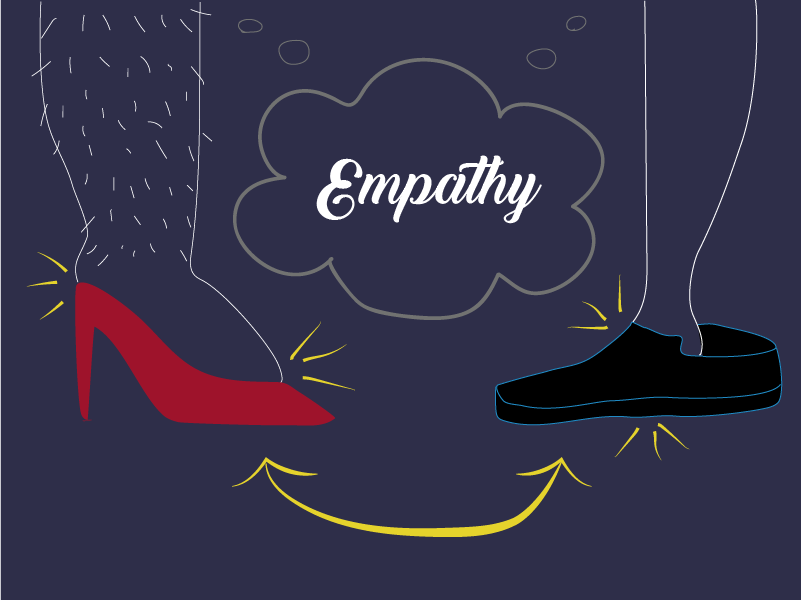There are many stories and books which contributed to the evolution of general attitudes toward people and animals. But also superstitions, "traditions" and abusive practices went on - with economic or religious arguments.
Regarding books and their sacrificed authors, I have been thinking of Olympe de Gouges, who was guillotined for her political engagement and for defending the rights of women, "forgotten" by the French Revolution:
https://en.wikipedia.org/wiki/Olympe_de_Gouges
https://en.wikipedia.org/wiki/Declaration_of_the_Rights_of_Woman_and_of_the_Female_Citizen
Sadly enough, the change of attitudes was prevented with violence.
Further, may I cite Tolstoy's "Kholstomer", Victor Hugo's "Les Misérables", Emile Zola's "Germinal", Erich Maria Remarque's "All Quiet in the West", Ernest Hemingway's "For Whom the Bell Tolls" - there are too many ...
https://en.wikipedia.org/wiki/Kholstomer
https://en.wikipedia.org/wiki/Oliver_Twist
https://fr.wikipedia.org/wiki/Les_Mis%C3%A9rables
https://en.wikipedia.org/wiki/Germinal_(novel)
https://en.wikipedia.org/wiki/All_Quiet_on_the_Western_Front
https://en.wikipedia.org/wiki/For_Whom_the_Bell_Tolls
or, long before, Erasmus or Rotterdam, Thomas More, or the Holy Bible, though too often misinterpreted, misused and distorted:
https://en.wikipedia.org/wiki/The_Education_of_a_Christian_Prince
https://en.wikipedia.org/wiki/Utopia_(book)
https://en.wikipedia.org/wiki/Bible
Yes, there are many people who are devoting themselves to one or several causes, but very few are noticed on a broader level, while fanatism caused too often conflicts and disasters.
"Sauce for the goose is (not) sauce for the gander" is an ancient principle:
https://en.wikipedia.org/wiki/Wikipedia:Sauce_for_the_goose_is_(not)_sauce_for_the_gander
but it was rarely respected, as the struggle for surviving in "hostile environments" - or the quest for power, wealth and control - caused too often the sacrifice of the weaker or less aggressive persons or creatures.
Compassion, empathy, loyalty, respect, altruism and solidarity are too often silenced by immoderation, injustices, greed, false principles and hate - or superstitions and "fashion trends".

https://en.wikipedia.org/wiki/Human_sacrifice
https://en.wikipedia.org/wiki/Christian_martyrs
https://en.wikipedia.org/wiki/Religious_violence